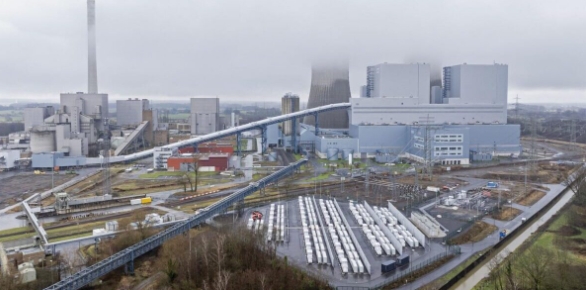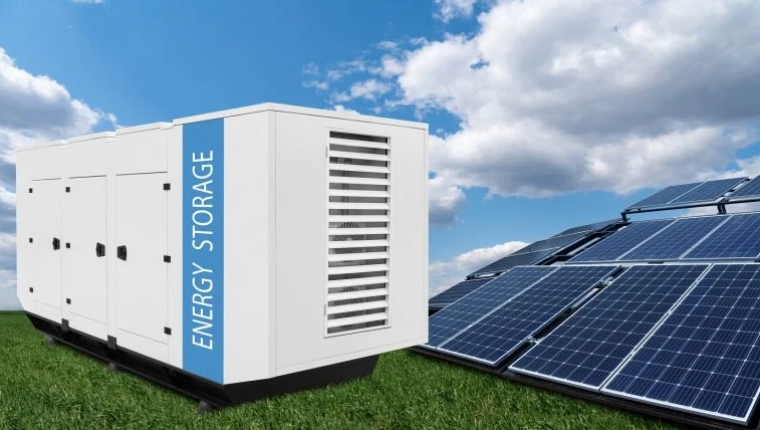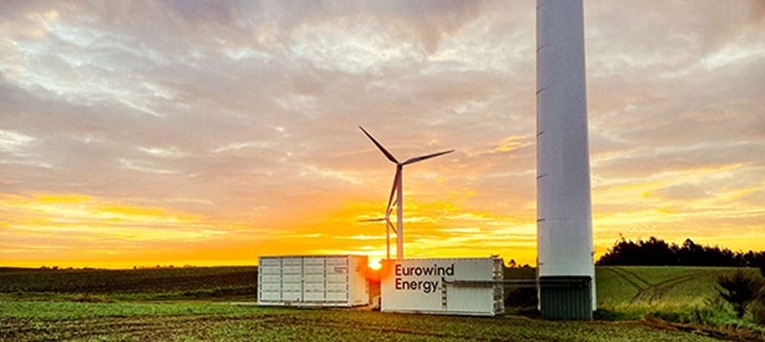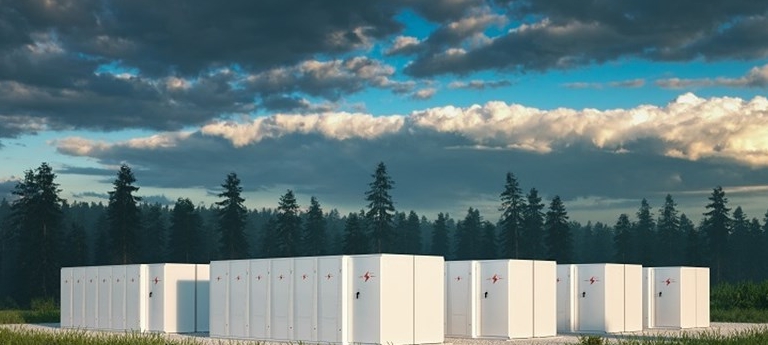Investment in the energy sector needs to double from £20-£25bn a year today to £40-£40m if the UK is to meet its net zero challenge.
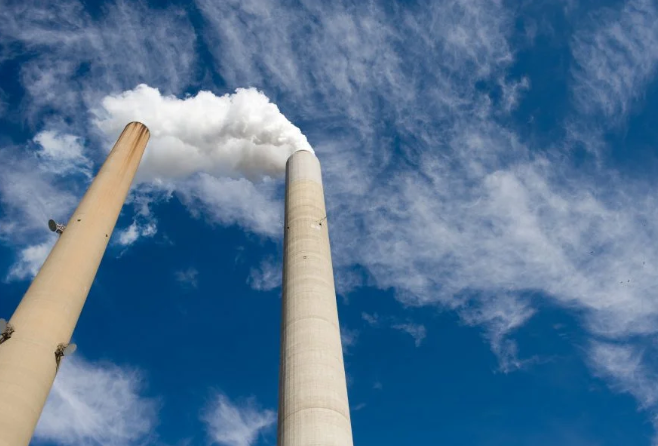
Trade body Oil and Gas UK’s (OGUK) new Energy Transition Outlook report, published today, finds that development of carbon capture, use and storage technology (CCUS) is essential to meeting the sector’s obligations.
If the five projects are realised, the development would allow for up to 30m tonnes of carbon to be captured.
In addition, the paper calls for joint action to increase the potential for low carbon hydrogen to be used as a fuel to heat homes and power cars.
OGUK also warned that government energy policy should continue to take into account the oil and gas sector’s contribution to the UK’s economy.
Instead of pursuing policies that would impair the UK’s production capacity and lead to imports, focus should instead be applied to how oil and gas can be used in a low-carbon environment.
The sector is one of the UK’s first to present a plan regarding how it can reach net zero, arguing that its expertise is required if the rest of the UK’s economy is to decarbonise.
Chief executive Deirdre Michie said: “The oil and gas sector will have to earn its position in this new energy world, cutting its own emissions and working with governments and regulators to progress the five CCUS projects which now need to move forward into the next phase and developing hydrogen.
“As our report shows, there is lots of work to be done in a huge market which is only getting bigger as global demand for energy continues to grow.
“The Climate Change Committee report published at the beginning of this year noted CCUS was critical to our net zero ambitions. Our challenge, working with others including the OGTC’s Net Zero Solutions Centre, is to realise CCUS and other low carbon technologies as an opportunity for British businesses.”
